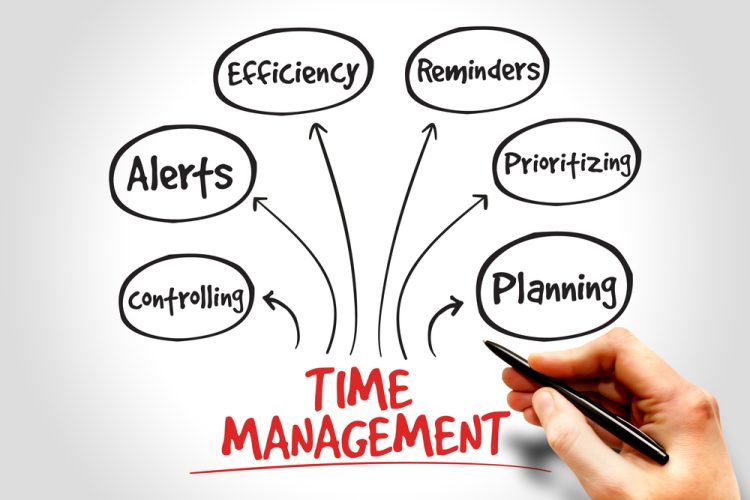Working time efficiency refers to the ratio between the amount of working time invested and the work results achieved. In other words, it measures how effectively time is used to generate output in the workplace.
Purpose and Importance
The goal of improving working time efficiency is to either:
-
Increase output with the same amount of working time, or
-
Reduce the time spent while maintaining the same level of output.
Improving this ratio leads to better productivity, reduced waste, and a more balanced workload for employees.
Working Time Strategies
Working time strategies are structured approaches aimed at optimizing how work hours are used. One practical example is the reorganization of project work, which focuses on refining the way projects are structured and managed. Implementing formalized project management methods can significantly reduce unnecessary labor hours—commonly referred to as “man-hours”—and boost overall work efficiency.
According to Müller-Seitz (1996), improving working time efficiency not only enhances conditions at the workplace but also contributes to better personal living conditions for employees.
« Back to Glossary Index





![15 Employee Offboarding Templates That Save Hours of HR Time [Free Downloads] 15 Employee Offboarding Templates That Save Hours of HR Time [Free Downloads]](https://i1.wp.com/www.hrcloud.com/hubfs/Header.png?w=150&resize=150,100&ssl=1)
